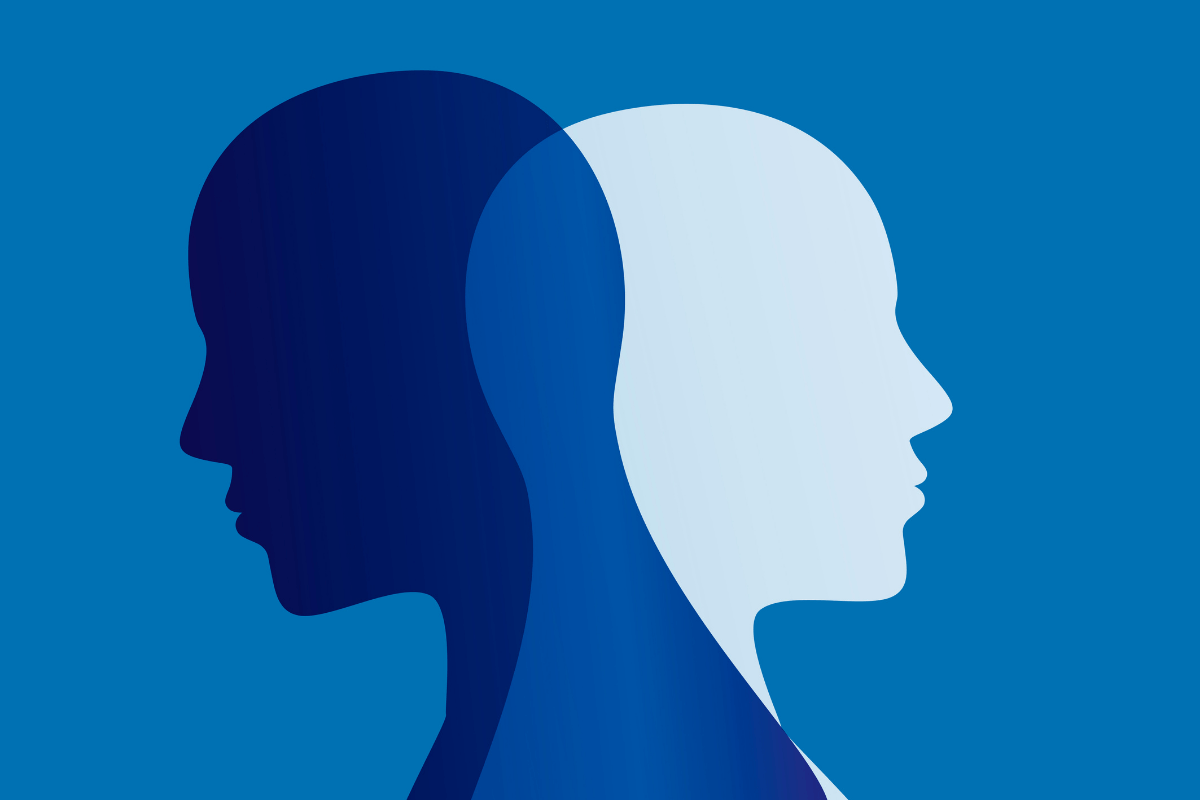Individuals diagnosed with a substance use disorder1 can experience many associated symptoms or symptoms of co-occurring disorders. It’s essential to recognize that co-occurring disorders are common in these individuals and sometimes complicate their diagnosis.
Often, substance use disorder and mental illness2 go hand in hand. Specialists can diagnose each disorder separately, but a person can suffer from both at the same time, as well. When this happens, the symptoms of co-occurring disorders may intensify.
Recognizing Symptoms of Co-Occurring Disorders
Substance abuse disorders and mental illness are complex. Understandably, co-occurring disorders are even more complicated to unravel.
Symptoms of mental illness and substance abuse disorders are very similar. While they may not show up as particular symptoms, specialists can spot commonalities fairly easily. Recognizing the signs of co-occurring disorders can help pursue treatment options.
Someone suffering from symptoms of co-occurring disorders can display rapid changes in behavior. They may begin to struggle with daily tasks and avoid close relationships with friends and family members.
Lack of hygiene is common in those suffering from co-occurring disorders. These individuals may also begin engaging in high-risk behaviors and show signs of high tolerance to certain substances.
An irrational loss of emotional control may accompany co-occurring disorders. That commonly occurs when desired addictive substances aren’t readily accessible.
The individual may be willing to put themselves in harm’s way to access the substance they crave. Many people suffering from co-occurring disorders feel they need to use addictive substances to feel normal.
Symptoms Related to Mental Disorders that Occur Alongside Substance Abuse
To talk about symptoms of co-occurring disorders, we need to cover mental illness first. We can break mental illness down into several mental health disorders. Each comes with unique symptoms, but these mental health disorders can co-occur with substance abuse disorders.
Anxiety Disorders
Anxiety disorders are a common type of mental health disorder, whose symptoms are usually substantial and often pair with a substance abuse disorder. Anxiety disorders can include social anxiety, obsessive-compulsive disorders, and post-traumatic stress. When diagnosed alongside a substance abuse disorder, symptoms typically heighten, which include tension, panic, restlessness, or chronic fatigue. It’s common for an underlying anxiety disorder to lead to substance abuse as the individual self-medicates to ease symptoms.
Eating Disorders
Eating disorders are another mental health disorder frequently diagnosed alongside substance abuse. Eating disorders can range from anorexia to binge eating or bulimia. Symptoms can include hiding food, avoiding food, or purging after meals.
Personality Disorders
Personality disorders are also commonly diagnosed alongside drug use disorders. Symptoms of co-occurring disorders of personality can involve unhealthy behavior or thought patterns. These patterns directly affect relationships with others. Common personality disorder diagnoses are varied and can include antisocial personality disorder and borderline personality disorder. Someone with a narcissistic personality disorder can also fall into this category.
In many cases, individuals with symptoms of these co-occurring disorders use drugs to temper the fluctuating symptoms. Unfortunately, this often leads to addiction.
In Co-Occurring Disorders, Which Disorder Gets Diagnosed First?
A dual diagnosis of a mental illness alongside a substance abuse disorder doesn’t follow a particular order. A professional might diagnose either disorder first.
Similar symptoms often appear in these scenarios. Frequently, the symptoms of one disorder intensify the symptoms of another.
For example, an underlying mental illness could trigger an individual to self-medicate. Ultimately, this action can lead to substance addiction.
Alternatively, a person addicted to drugs could be ingesting substances that create changes in their brain. These changes could eventually lead to a mental illness.
Dual Diagnosis Treatment Options
When an individual is diagnosed with co-occurring disorders, dual diagnosis treatment is required. This approach is necessary to achieve a successful recovery.
Dual diagnosis treatment helps patients learn to manage mental illness symptoms. At the same time, they’re learning to control a substance use disorder carefully.
Integration is key to achieving a healthy balance and long-term recovery. Dual diagnosis treatment frequently involves a combination of therapies and specialized medication. It could also include enhanced nutrition and relapse prevention programs.
Reach Out Today
If you or a loved one is struggling with a substance abuse disorder, mental health disorder, or co-occurring disorder, the team at Spring Gardens Recovery is here to help. We design our dual diagnosis programs to help patients get back the life they deserve to live. Reach out today to learn more and speak with a representative.
Sources:
[1] https://www.mayoclinic.org/diseases-conditions/drug-addiction/symptoms-causes/syc-20365112
[2] https://www.psychiatry.org/patients-families/what-is-mental-illness#:~:text=Mental%20illnesses%20are%20health%20conditions,Mental%20illness%20is%20common.


